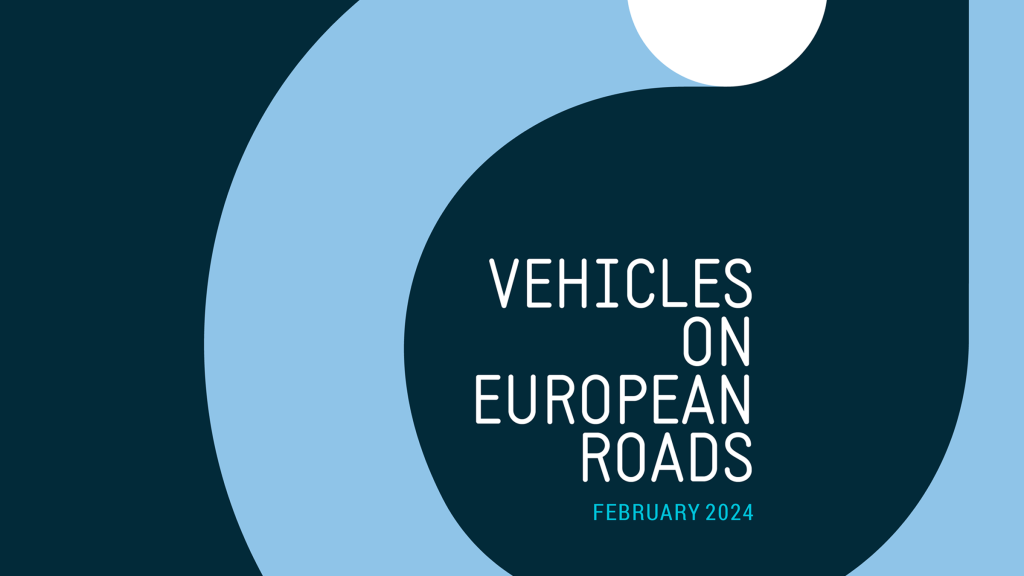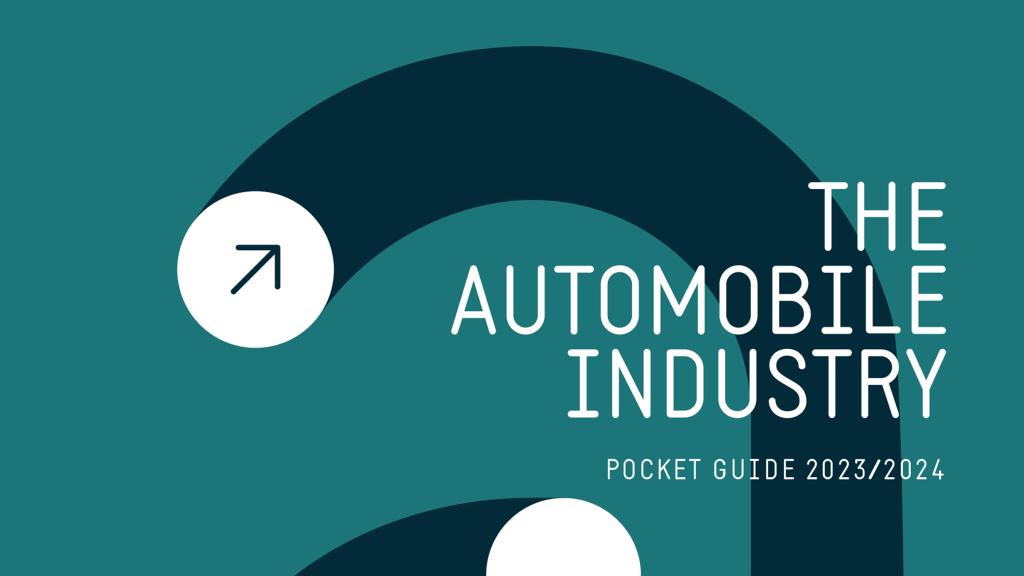NOx emissions from the EU car fleet by Euro classes
Figures show that in 2025 Euro 6 cars will make up almost 60% of the EU fleet. However, pre-Euro 6 cars (sold before 2014) will still contribute to 43% of total NOx emissions.
At the same time – as shown here – Euro 7 for cars is expected to have only a marginal impact on the reduction of NOx emissions. Moreover, a massive investment in Euro 7 would also divert substantial engineering and financial resources from battery and fuel-cell electric technologies back to the internal combustion engine.
This means that fleet renewal targeting the large numbers of pre-Euro 6 cars on EU roads would have the greatest impact on both pollutant and CO2.
Fleet renewal targeting the large numbers of pre-Euro 6 cars on EU roads would have the greatest impact on both pollutant and CO2.
Modelling assumptions
According to the Sibyl modelling scenario, Euro 7 is considered to be zero-exhaust emissions from 2025 (cars and vans) and zero-exhaust emission from 2027 (heavy-duty vehicles). ACEA’s best current estimate of the ramp-up of zero emission vehicles (from latest OEM announcements and assumptions regarding possible future CO2 targets) has been integrated into the modelling because the Sibyl 2020 fleet and emission database lacked such information.


